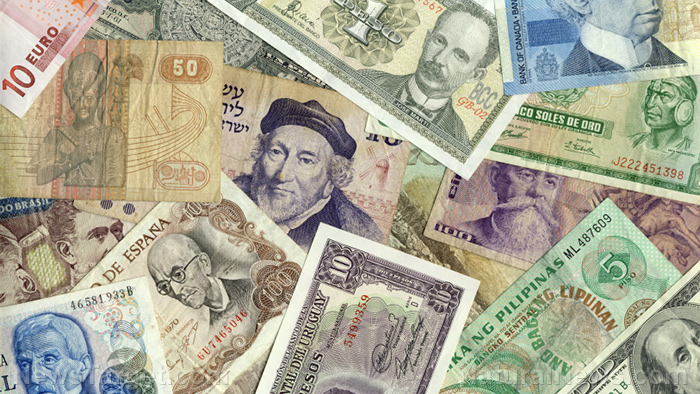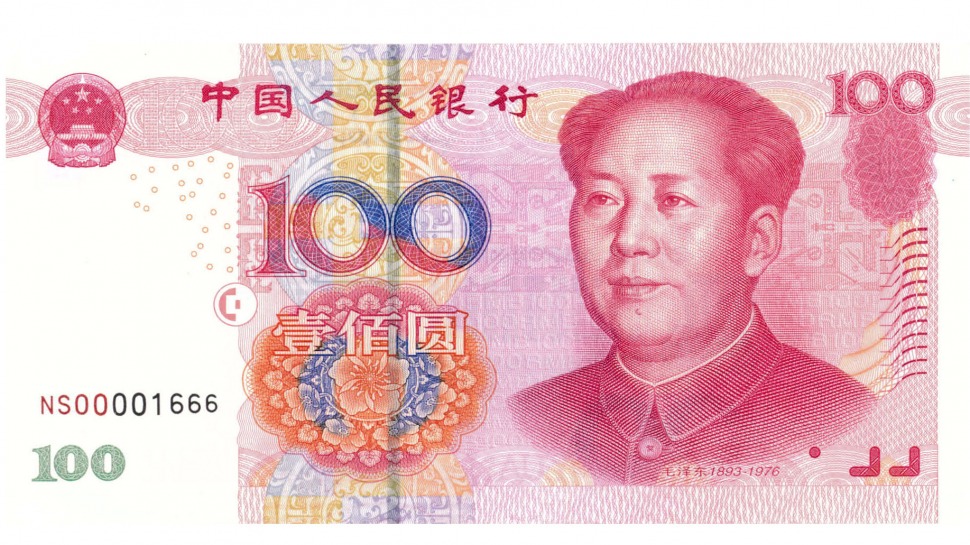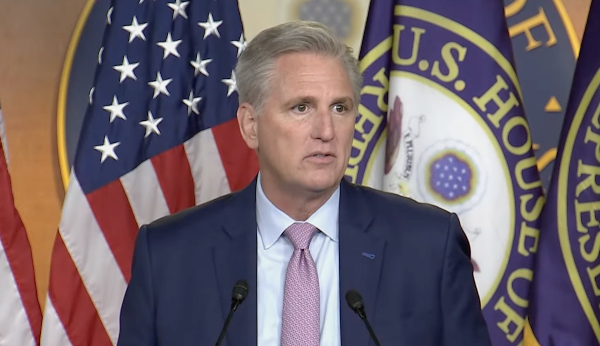India joins Russia’s SPFS banking payments system – another death blow to the dollar and Western money dominance
05/05/2023 / By Ethan Huff

We have received word that India, the second most populous country in the world, has signed a deal with Russia to adopt its SPFS system for making banking payments to the country.
The Narendra Modi government reportedly agreed to adopt the Russian financial messaging system, known as the Service Bureau of the Financing Messaging System of the Bank of Russia, in order to make payments to the country for trade purposes.
The landmark agreement was signed by Indian external affairs minister S. Jaishankar and visiting Russian deputy prime minister Denis Manturov on April 18 in New Delhi, according to a report from The New Indian Express.
“The deal also allows acceptance of Indian Ru-Pay cards and India’s Unified Payments Interface (UPI) in Russia, and the Russian MIR cards and its Fast Payments System (FPS) in India,” reported Great Game India, via The Wire.
(Related: Last summer, Russian President Vladimir Putin announced that BRICS countries, meaning Brazil, Russia, India, China, and South Africa, are establishing a new global reserve currency to replace the Federal Reserve Note.)
Rumors are circulating that Indians will soon be able to purchase cars using Bitcoin
Last year, reported Bloomberg, roughly $2 billion worth of payments from India to Russia got stuck, while Russia decided to stop supplying credit for about $20 billion worth of spare parts. There are also two S-400 missile defense system batteries that have yet to be delivered.
There is the possibility, according to a tweet reply from Anand Mahindra, an Indian billionaire businessman and chairman of Mahindra Group, a Mumbai-based business conglomerate, that it will soon be possible to purchase automobiles in India using Bitcoin.
Prior to the new SPFS agreement, India and Russia had agreed to settle payments between the two nations using Special Rupee Vostro Accounts, also known as SRVA. That was stalled, however, due to fears about Western sanctions on Indian banks, as well as the high imbalance of bilateral trade.
Russia also wanted to pay in either yuans (China) or dirhams (United Arab Emirates, or UAE), but India was reluctant to adopt the Chinese currency. There were also concerns in the UAE that Western sanctions could occur if India tried to use dirhams to pay Russia for crude oil above the Western-mandated price of $60 per barrel.
The latest agreement specifies that Russia can use the surplus Indian rupees to conduct other business in India or remit them back to Russia, though remittance is unlikely due to the reluctance of Russian officials to take such a route.
Russia has also turned down India’s offer that Russia should use rupee proceeds from weapons sales to invest in Indian debt and capital markets in order to avoid stockpiling it.
The Wire describes SPFS as “a financial messaging system that works like the Society for Worldwide Interbank Financial Telecommunication (SWIFT), the international payment system used by banks to transfer funds worldwide.”
As you may recall, the United States and the European Union removed most Russian banks from the SWIFT network after Russia invaded Ukraine. Since that time, Russia has asked India to adopt and use the SPFS system instead, as this is what Moscow was forced to rely on after it was threatened with removal from SWIFT following Russia’s 2014 annexation of Crimea.
“Perhaps the petrodollar will be replaced,” one of our own commenters wrote about the matter. “If it does, there’s not a lot we can do about it, and it’s better than going to war over it.”
The latest news about the collapse of the dollar and Western financial dominance over world affairs can be found at DollarDemise.com.
Sources include:
Submit a correction >>
Tagged Under:
big government, bitcoin, bubble, China, computing, conspiracy, currency crash, currency reset, dedollarization, dirham, dollar demise, economic riot, finance riot, India, Mahindra, market crash, money supply, payment, risk, rupee, Russia, SPFS, SWIFT network, UAE, Us Dollar, yuan
This article may contain statements that reflect the opinion of the author
RECENT NEWS & ARTICLES
COPYRIGHT © 2021 DollarDemise.com
All content posted on this site is protected under Free Speech. DollarDemise.com is not responsible for content written by contributing authors. The information on this site is provided for educational and entertainment purposes only. It is not intended as a substitute for professional advice of any kind. DollarDemise.com assumes no responsibility for the use or misuse of this material. All trademarks, registered trademarks and service marks mentioned on this site are the property of their respective owners.



















